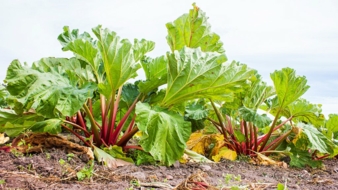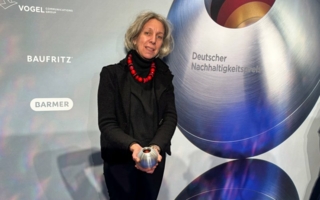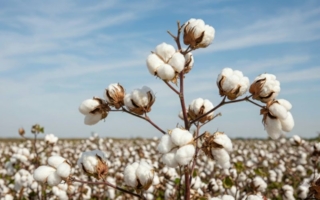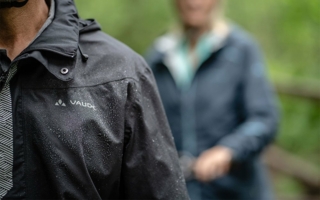12/08/2019 – Leather — auf Deutsch lesen
Tanning agent from rhubarb root
Widely regarded as a pioneer of vegetable tanning, Johann Peter Schomisch embarked upon a quest to find alternative tanning agents and, back in 1995, he stumbled across rhubarb extract.
Working in collaboration with Anhalt University of Applied Sciences, his first trials proved successful. The leather quality met with approval and small volumes were produced.
Around nine years ago, the project was expanded and is now led by a strong team of people with plenty of business experience and by institutions on a firm financial footing. In addition, several close partnerships have been forged with experts from science, technology and agriculture.
Rhubarb Technology GmbH
In cooperation with ecotrophologist Dr Bansleben, “Rhubarb Technology GmbH” was then established. The company distributes the leather fashion label Deepmello whose signature feature is rhubarb leather (a protected term), made at its own production facility and sustainably tanned with rhubarb root extract.
The rhubarb is grown in large fields belonging to Anhalt University of Applied Sciences, in Bernburg/Strenzfeld, but the cultivation of food is far from everyone’s mind. The researchers are focused on exploring diverse vegetable agents which are used for cosmetics, medicine, cleaning agents or as tanning agents.
The rhubarb plants need four years to grow to deliver the right amount of vegetable mass and tanning agent. The rhubarb roots contain tannins, a group of active ingredients, which have been used to dye animal hides for centuries.
A process has been developed to extract these tannins. The rhubarb leather has been further developed by Rhubarb Technology GmbH, making it a financially viable competitor to German-made chromium leathers. Rhubarb leather has long since lost its status as a niche project, with successful partnerships emerging with renowned national and international brands. The number of high-quality and sustainable products made from rhubarb leather is constantly rising across several industries, such as fashion, accessories and interior design.
In terms of sustainability, the crop plant rhubarb has many positive attributes. It is, of course, a renewable plant which is processed entirely in Germany, keeping the carbon footprint low. The rhubarb leather is also made up in Germany. Every year, Rhubarb Technology GmbH produces several thousand square metres of rhubarb leather in twenty different hues. Sold under the Deepmello label, which is a reference to the soft material, Rhubarb Technology GmbH’s collection comprises clothing, footwear, bags and accessories – luxury items for people who appreciate special things.
Sonja Langer-Korsch
www.rhabarberleder.com
www.deepmello.com




